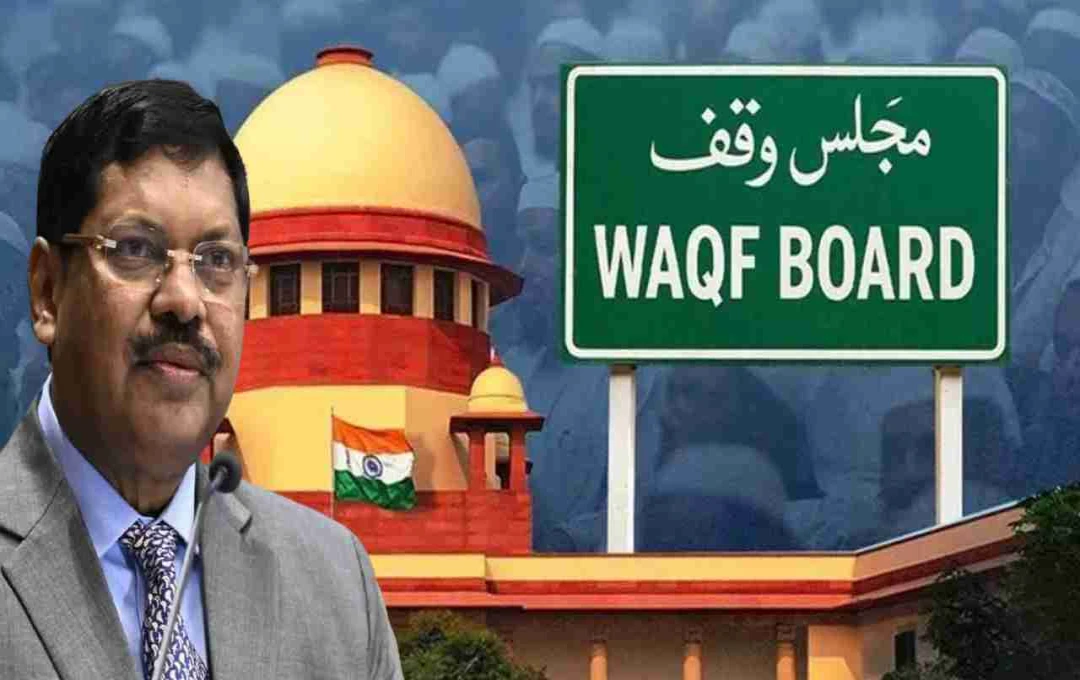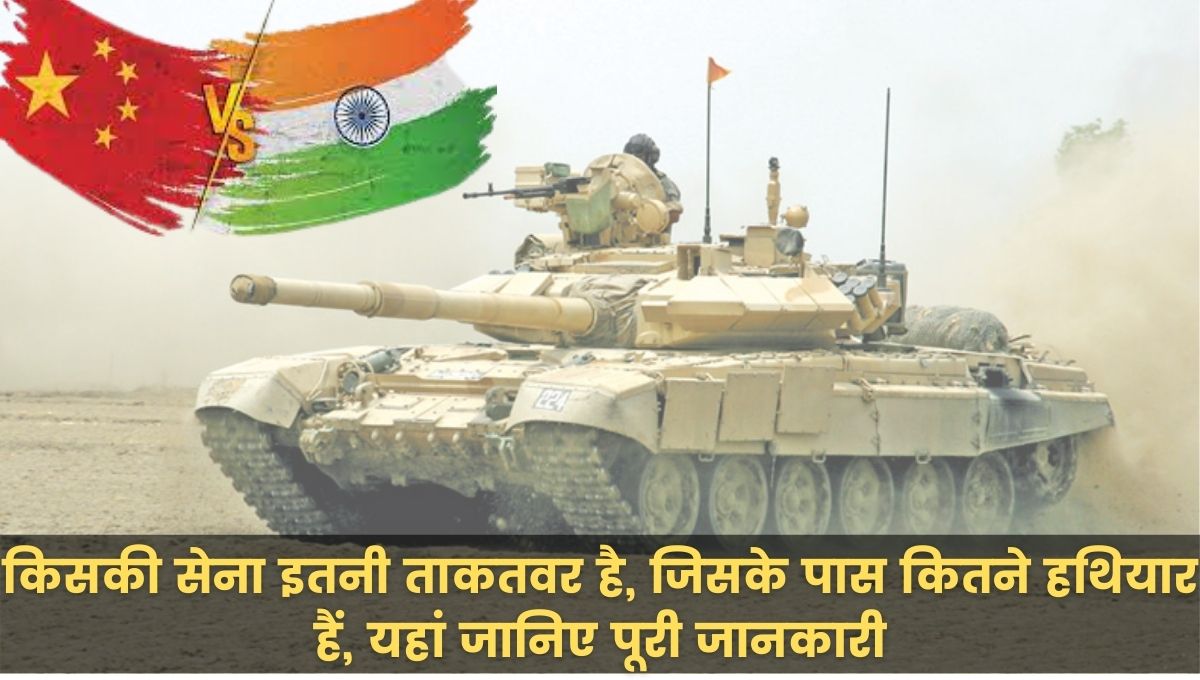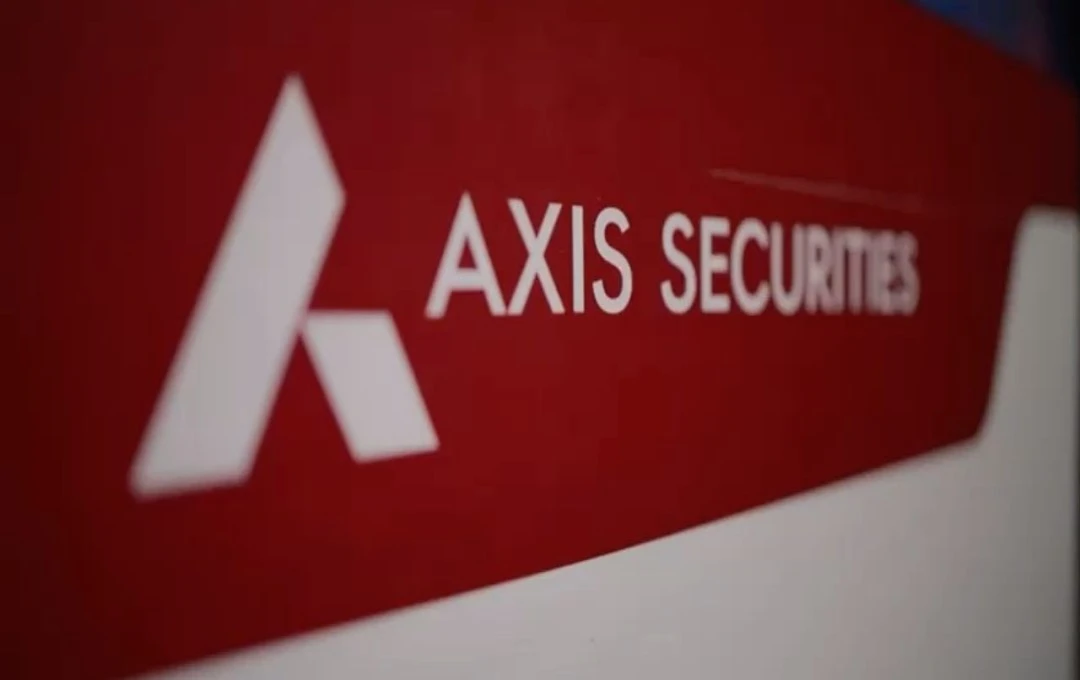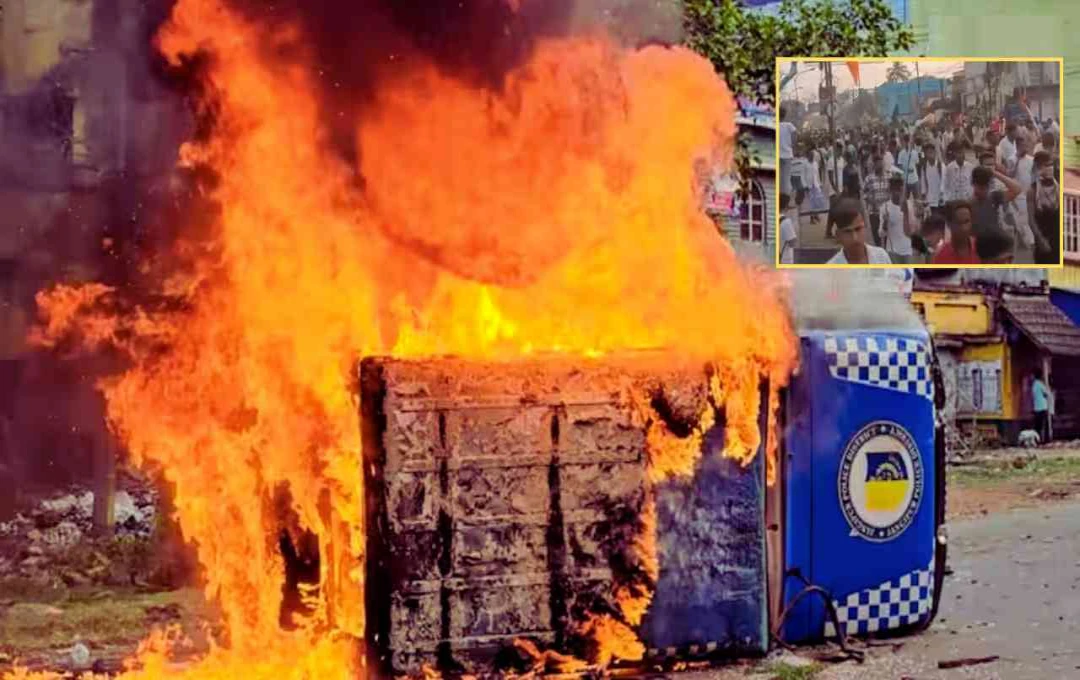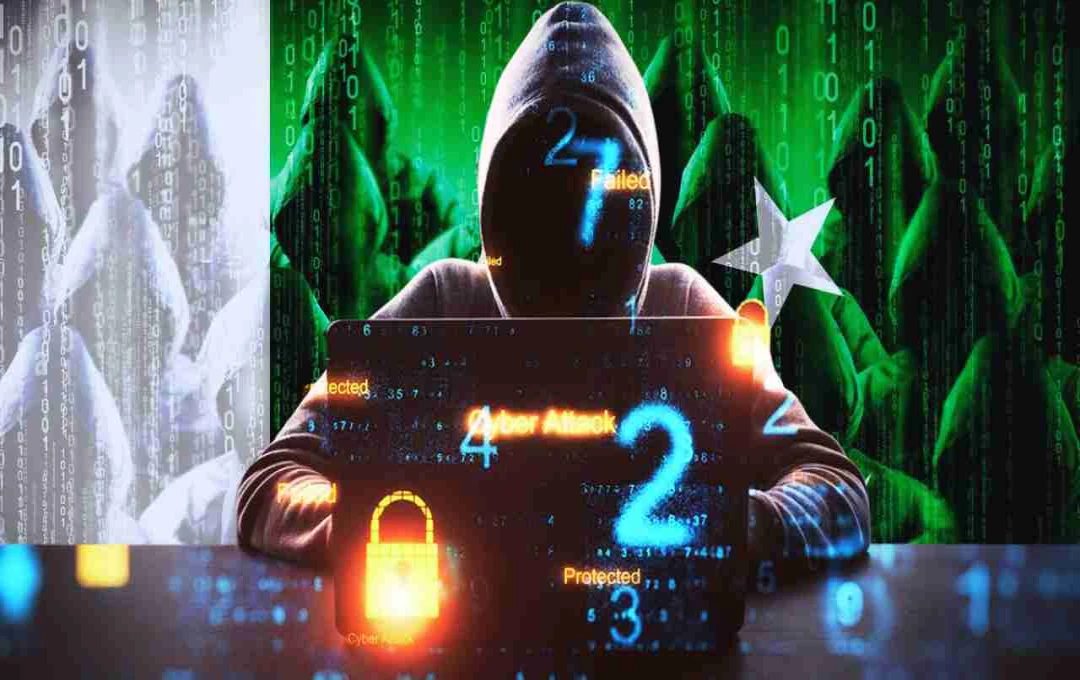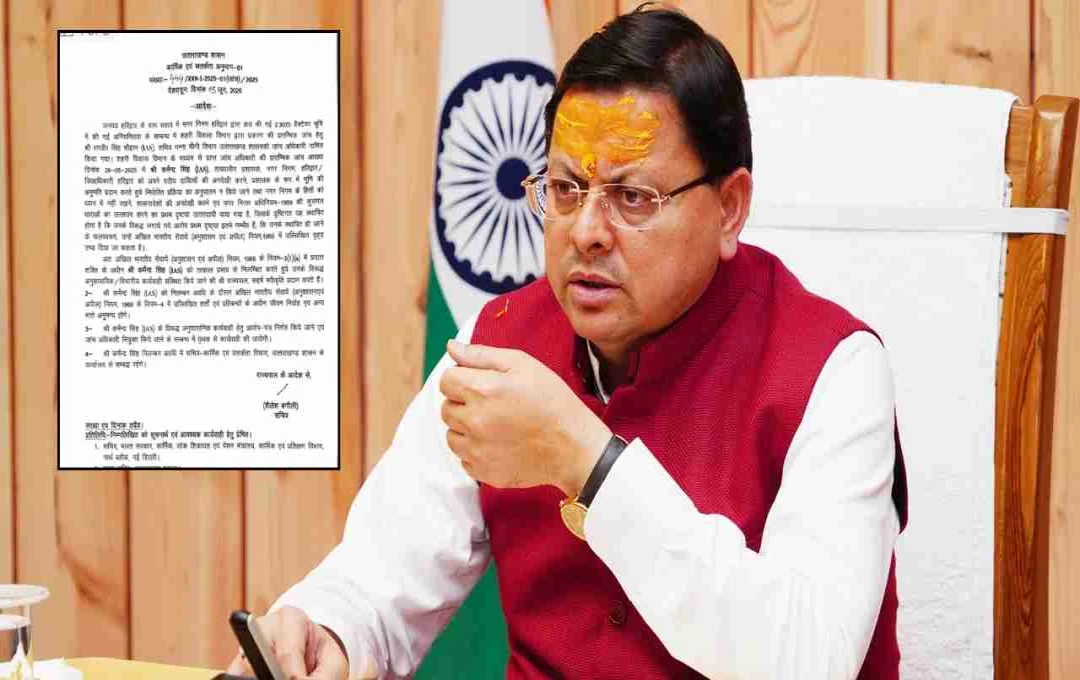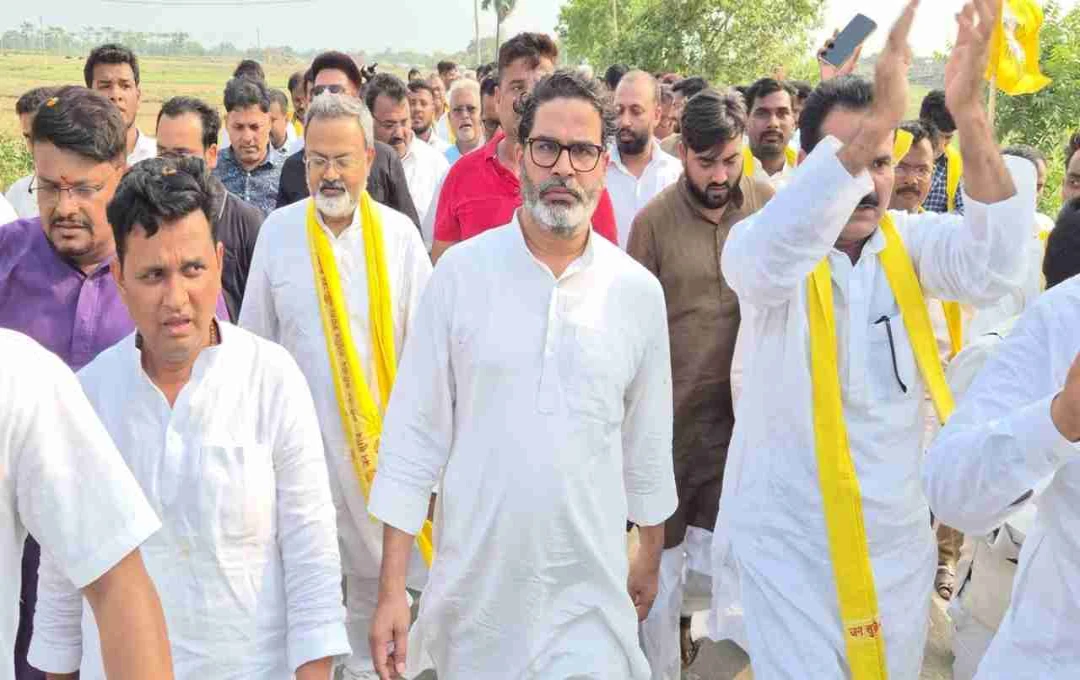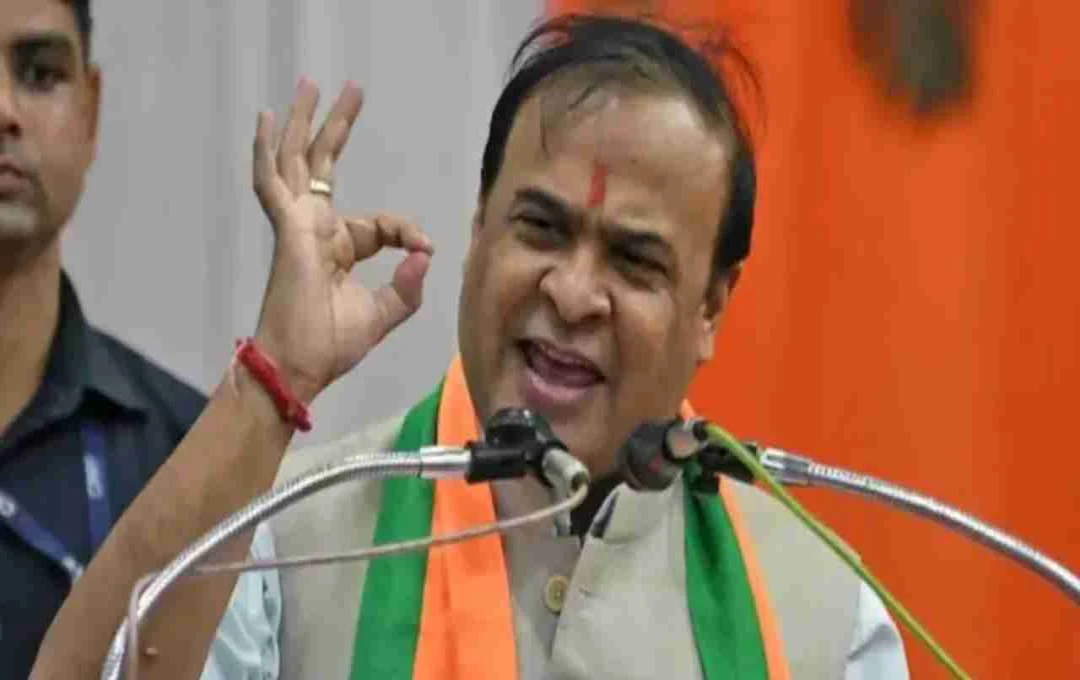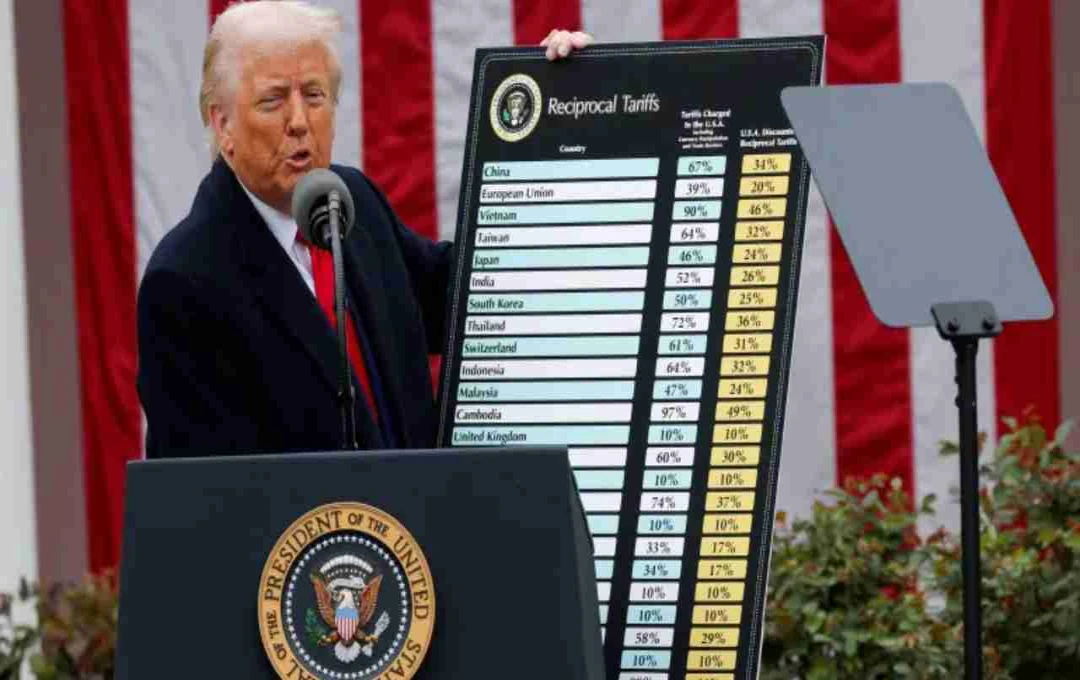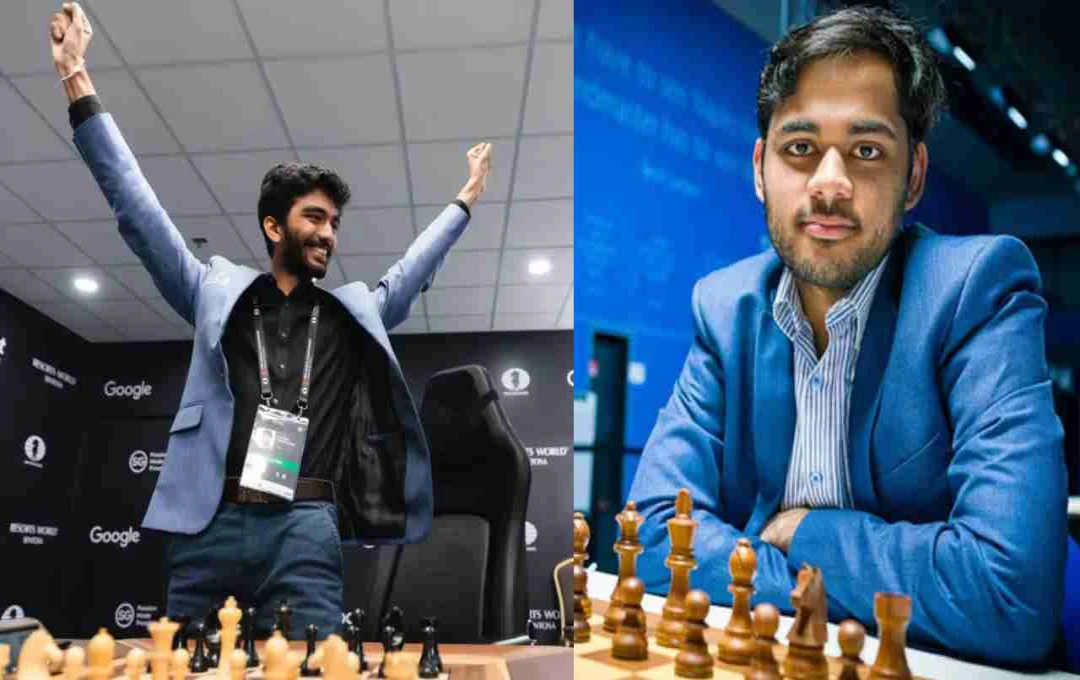The 2025 Waqf Amendment Act Challenged in Supreme Court
The Supreme Court heard petitions challenging the validity of the Waqf (Amendment) Act, 2025, passed by the central government. In the absence of Chief Justice D.Y. Chandrachud, the bench comprising Justices B.R. Gavai and Augustine George Masih heard the case. Senior advocates Kapil Sibal and Abhishek Manu Singhvi, representing the petitioners, bly opposed the government's arguments.
CJI's Clear Remark: Presumption of Constitutionality in Parliamentary Laws
During the hearing, CJI B.R. Gavai stated that any law passed by Parliament carries a presumption of constitutionality. Unless there is clear and concrete evidence of a law's unconstitutionality, courts cannot interfere. He indicated that an Act cannot be stalled based merely on speculation.
Government Urges Limiting Hearing to Three Points
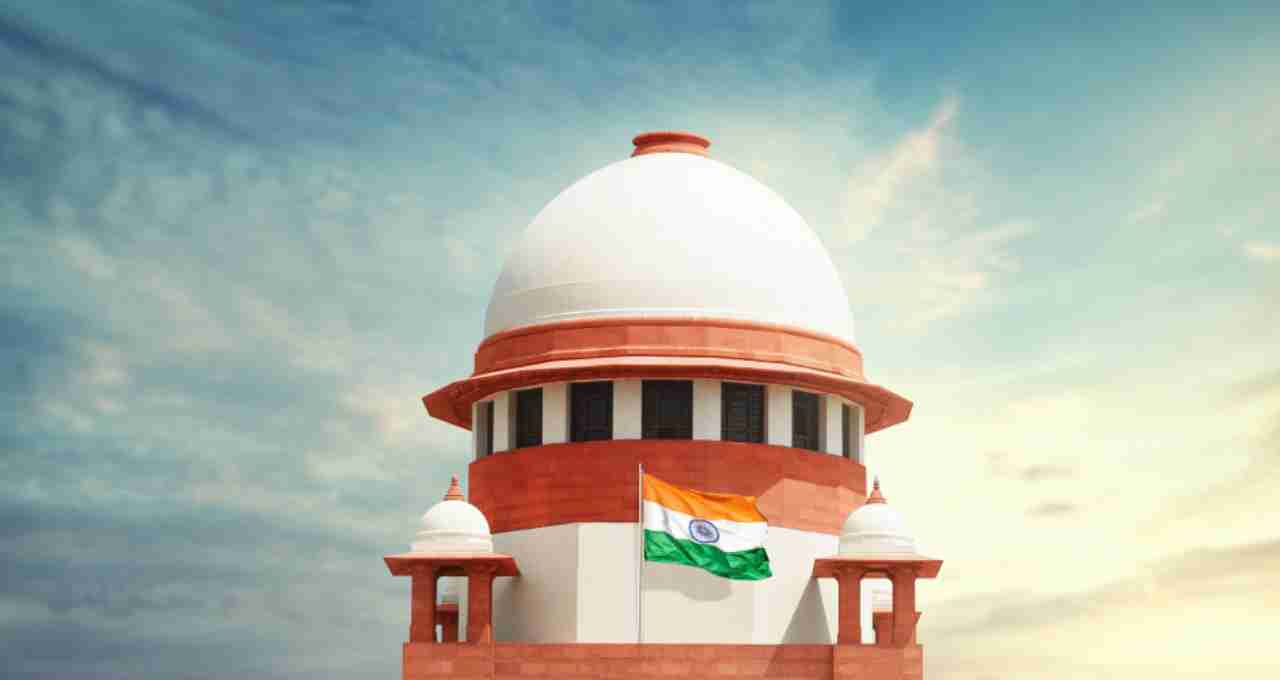
Solicitor General Tushar Mehta, representing the central government, appealed to the Supreme Court to limit the hearing on the validity of the Waqf Amendment Act to three key issues:
- The Board's authority to de-notify properties declared as Waqf by court, user, or deed.
- The structure of Waqf Boards and the Central Waqf Council, where petitioners demand exclusively Muslim members.
- The Collector's investigation process when government ownership is claimed over land declared as Waqf.
Sibal Opposes Limiting the Hearing: Why Only Three Issues?
Kapil Sibal and Abhishek Singhvi opposed the government's request. Sibal argued that such an important and comprehensive law cannot be heard piecemeal. He also contended that the Act violates Article 25 (religious freedom) of the Constitution and demanded a comprehensive review and detailed hearing of the entire Act.
Mention of Babri Masjid and Old Waqf Laws
Sibal reminded the court that properties like the Babri Masjid were considered Waqf by user, a concept valid in law for years. He also argued that the amended Act is tantamount to eliminating the existence of Waqf properties, with processes like registration and investigation contradicting the spirit in which Waqf property is given 'in the name of Allah'.
CJI Poses Tough Questions, Sibal Clarifies
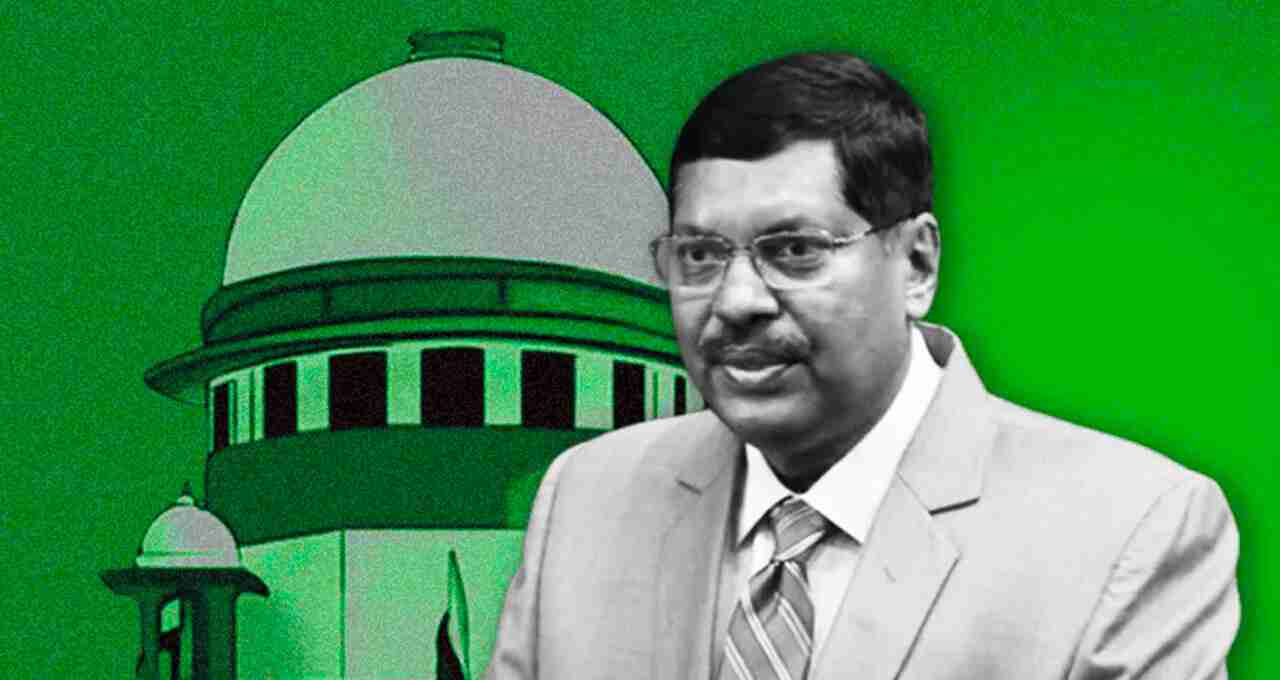
When Kapil Sibal stated that mosques do not receive offerings like temples, limiting Waqf income, the CJI mentioned having visited Dargahs and Churches and observing offerings everywhere. Sibal clarified that he was referring to mosques solely reliant on donations and trusts.
Was Registration Mandatory?
The court questioned whether registration of Waqf properties was mandatory under older Waqf laws. Sibal stated that older Acts used the word 'shall,' suggesting mandatory registration. However, the court asked about the legal consequences of non-registration. Sibal admitted that only the Mutwalli's authority might be terminated, not the validity of the property.
Question of Waqf Rights over ASI-Protected Properties
The CJI, using an example, asked if declaring or cancelling Waqf property affected anyone's religious rights if a temple was ASI-protected and people could worship there. Sibal responded that if the Waqf recognition of a property is terminated, religious practice is hindered.
Dispute over Section 3 and Religious Identity Condition
Sibal questioned the new Section 3 of the Waqf Act, which mandates that the property be given to Waqf by a person practicing the Muslim faith for at least 5 years. He argued this violates Articles 14 and 25 as verifying religious practice infringes on privacy and freedom.
